Business Law: Report on UK Anti-Competitive Practices and Monopolies
VerifiedAdded on 2023/03/16
|11
|547
|73
Report
AI Summary
This report provides an overview of business law, specifically addressing anti-competitive practices and monopolies within the UK legal framework. It examines the relevant legislation, including the Competition Act, and the role of the Competition Commission in regulating these practices. The report discusses the common law doctrine and the evolution of competition law, highlighting the significance of the Monopolies and Trade Practices Act 1948. It also delves into CMA cases, such as the GVC Holdings v Ladbrokes Coral Group merger inquiry and the Energy Market Investigation. Furthermore, the report explores the concept of a dominant position within the EU common market, as outlined in Article 102, and discusses the applications of EU exemptions, including individual, block, and parallel exemptions. The report concludes with a list of references.
1 out of 11
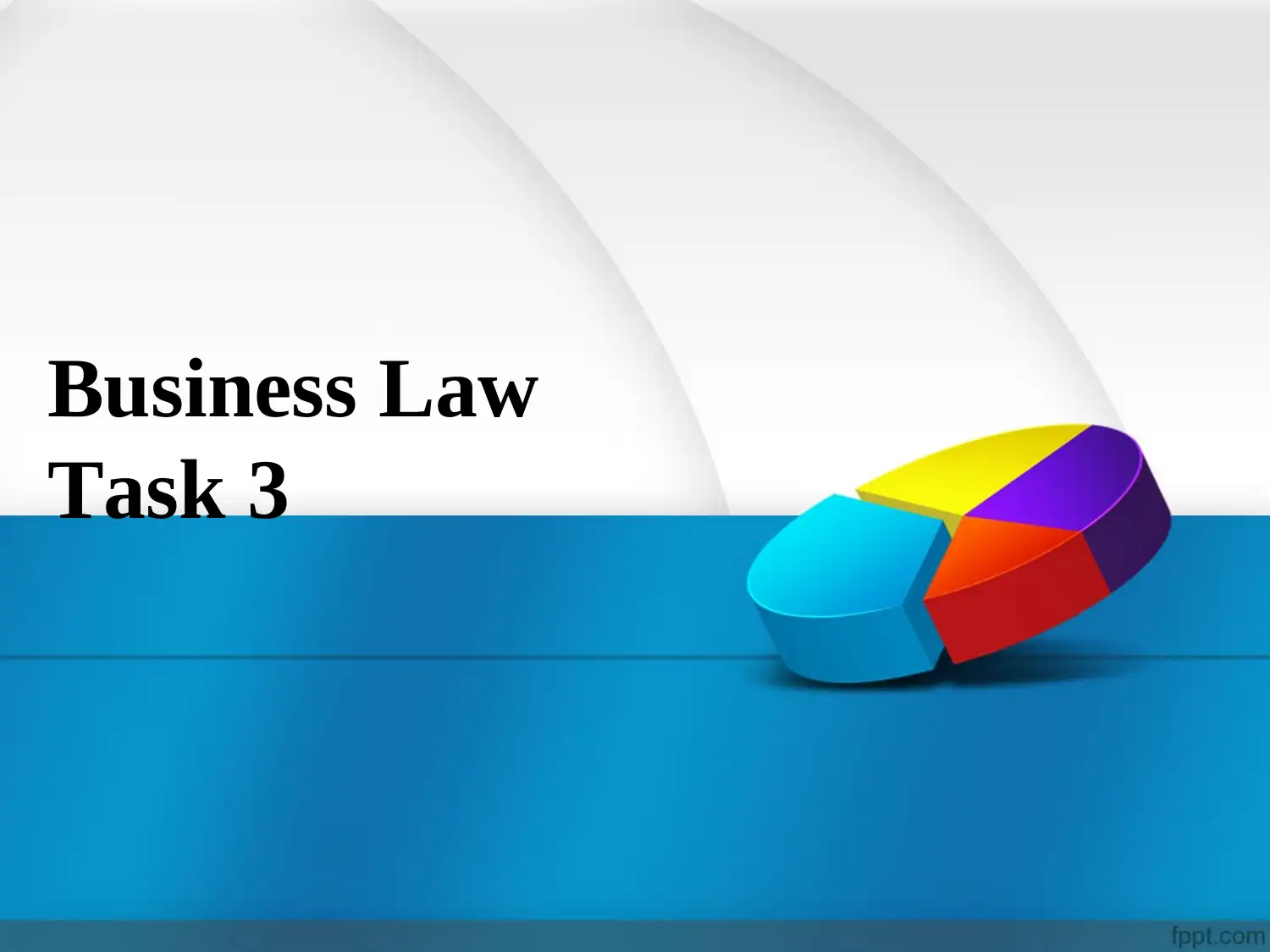
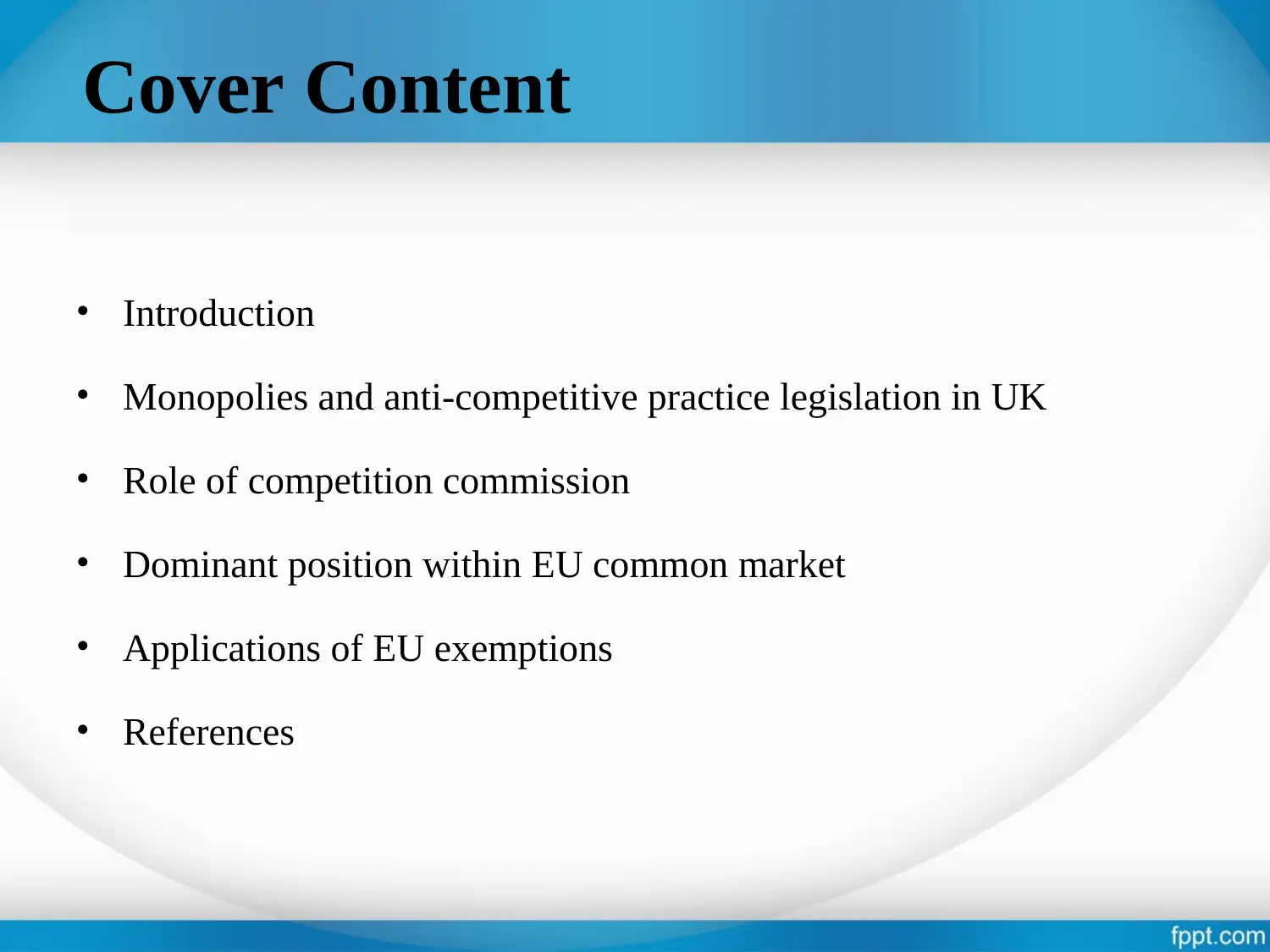
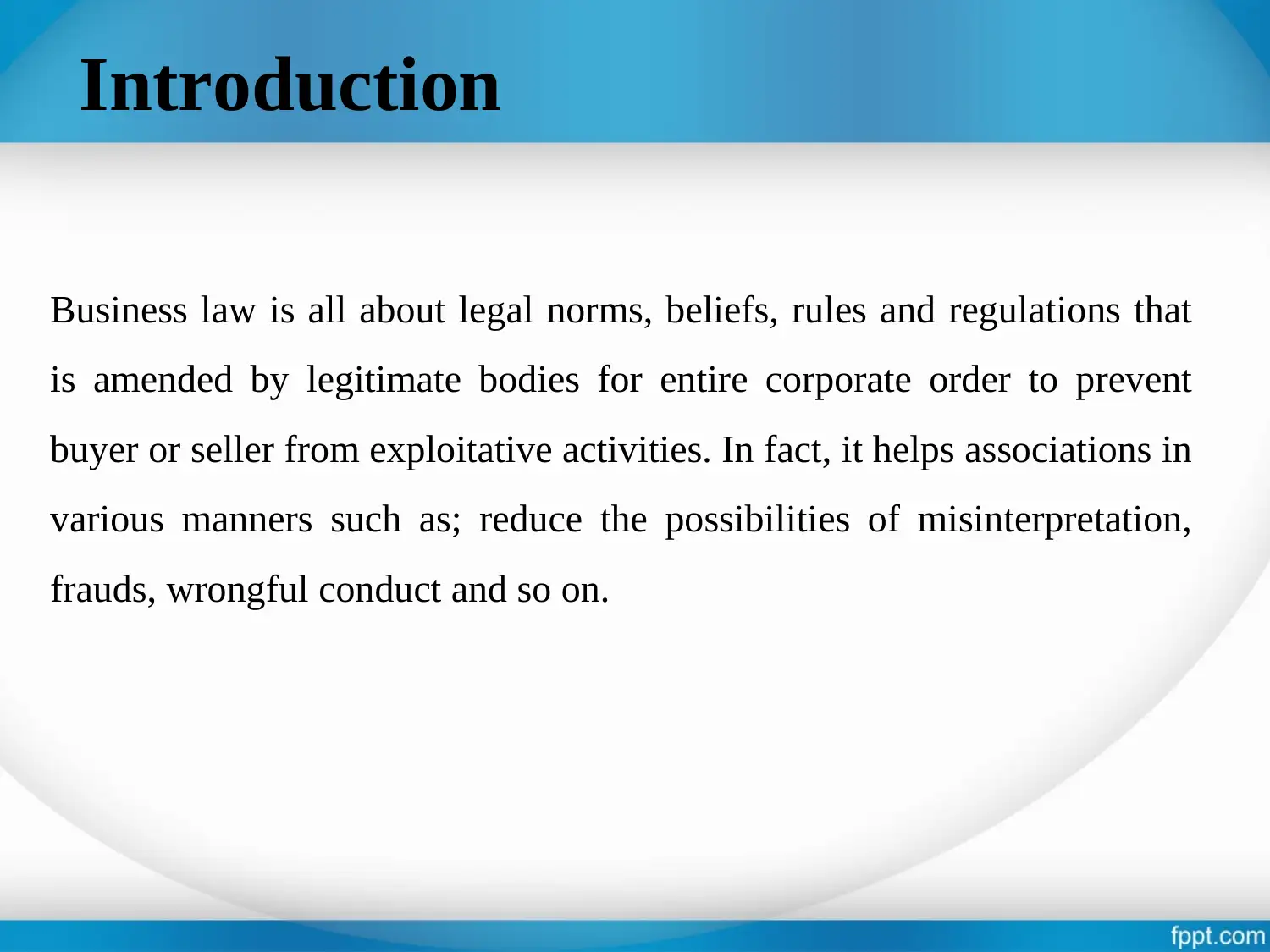

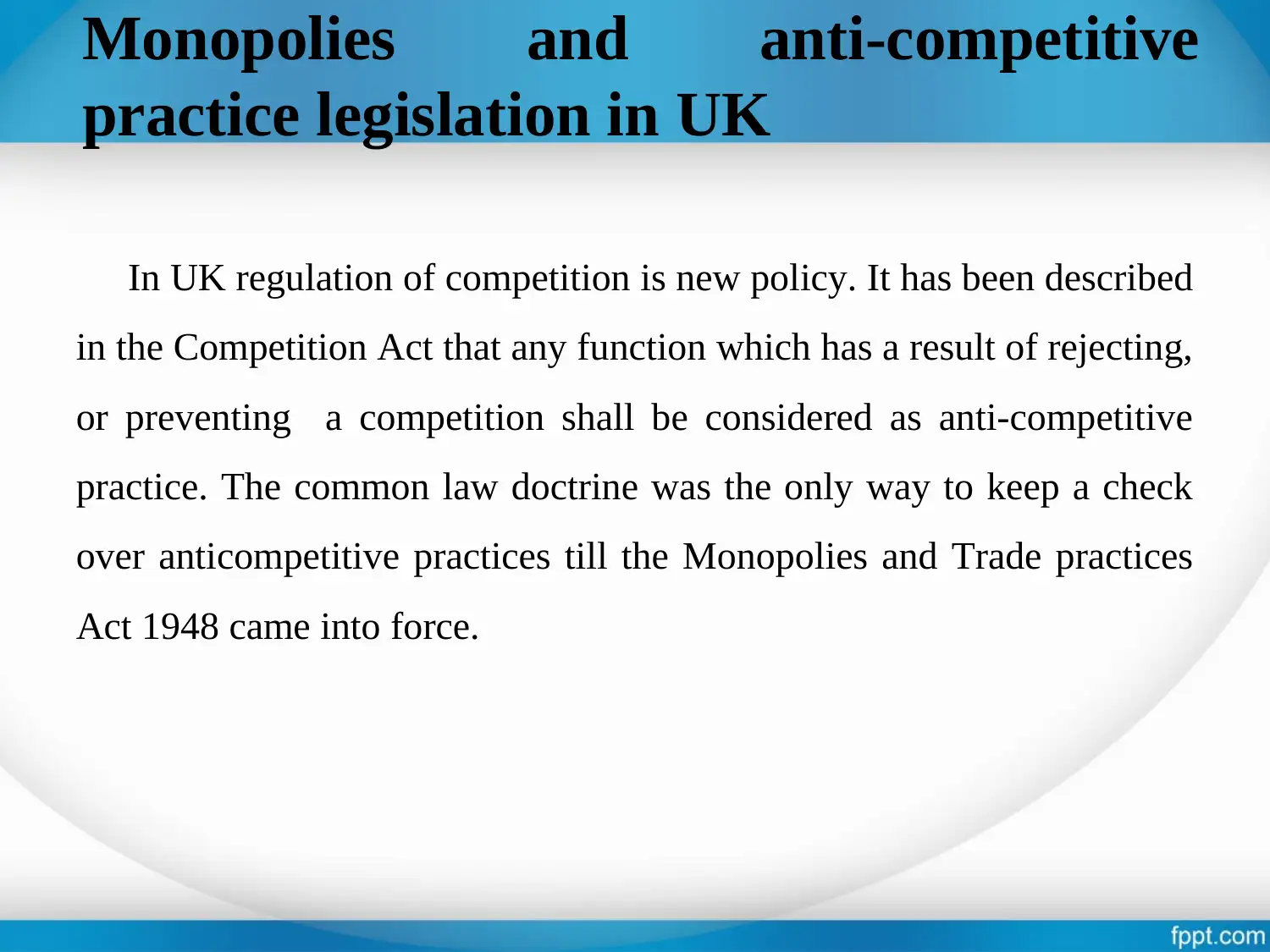
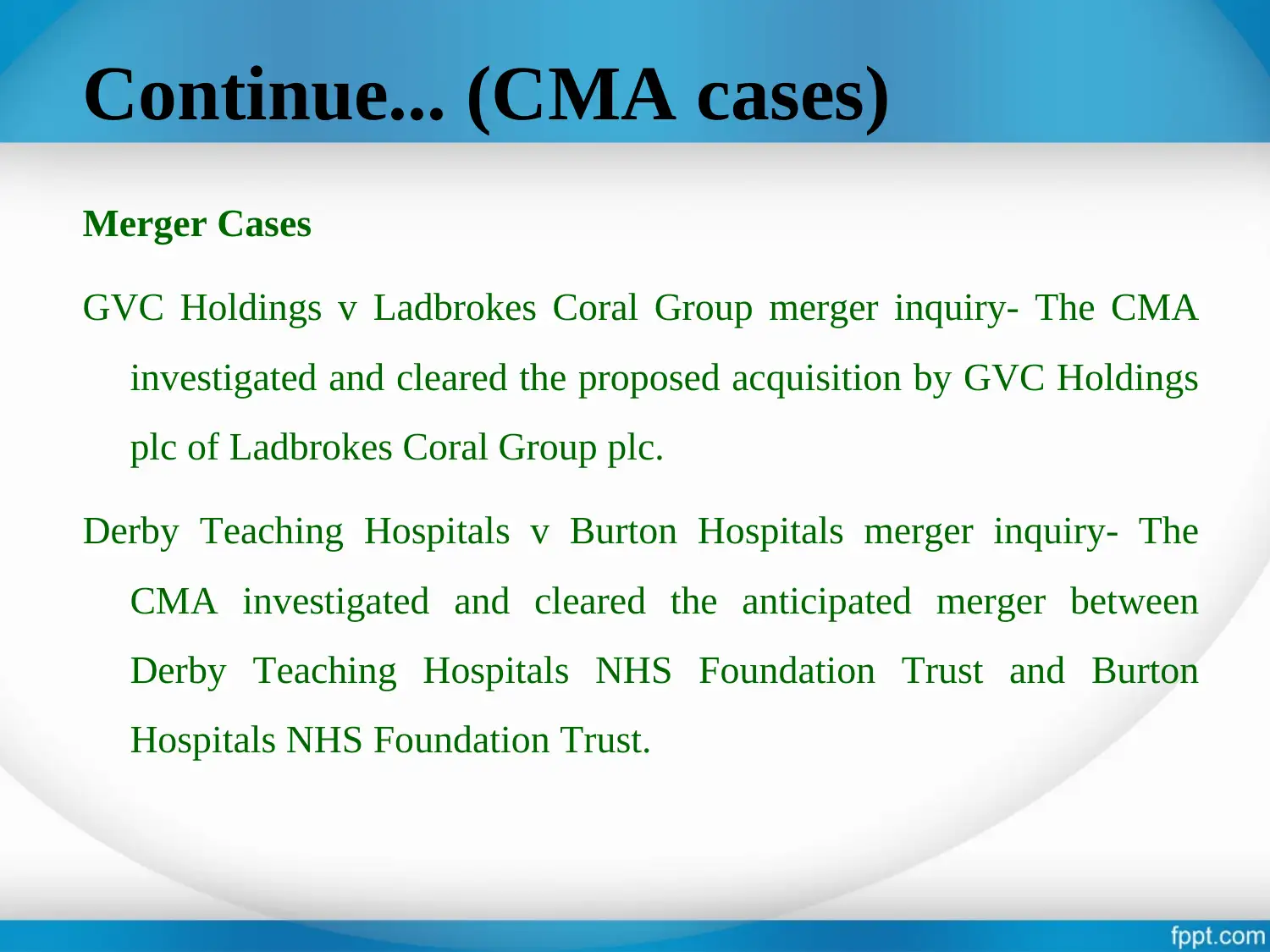
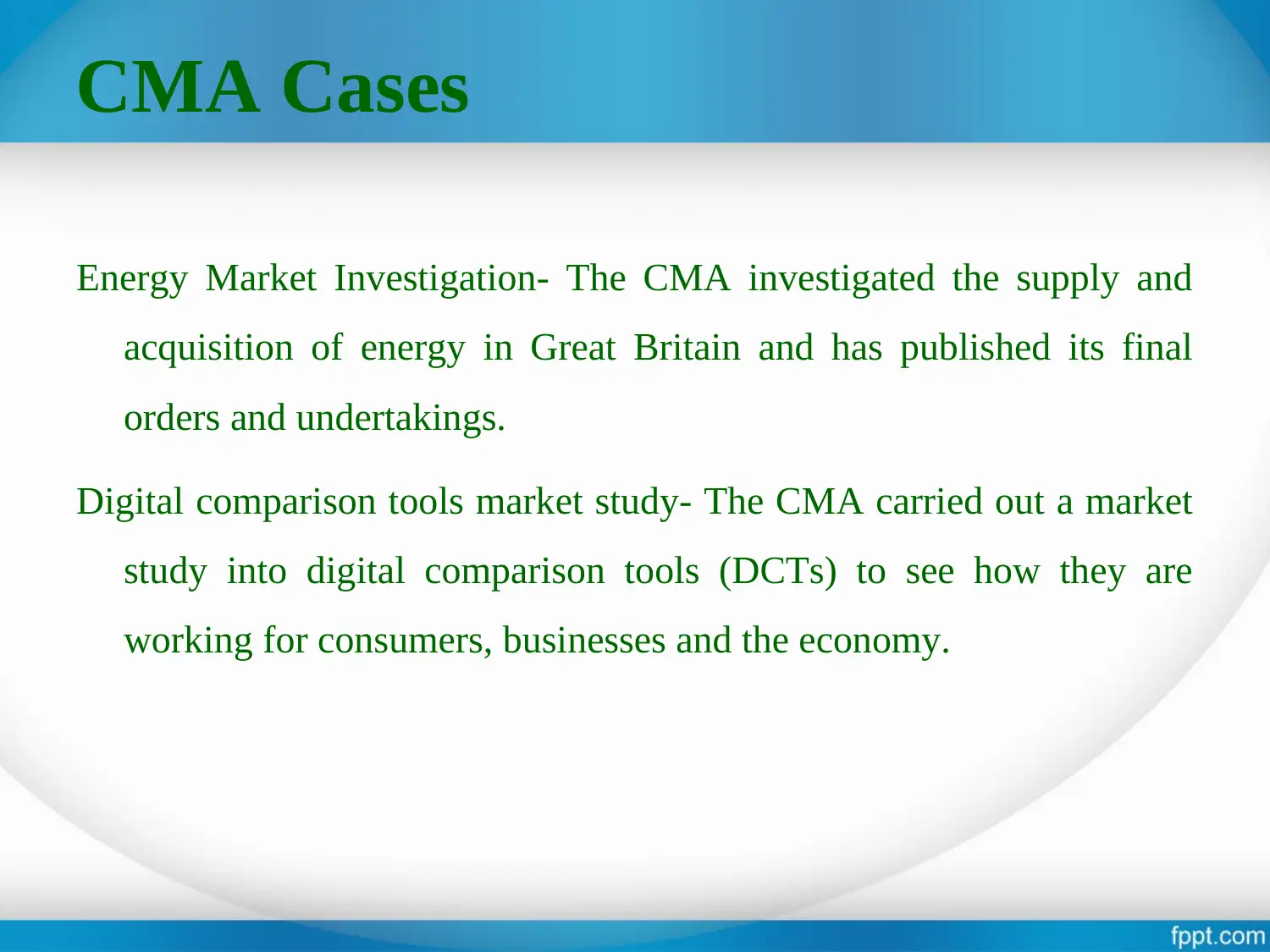
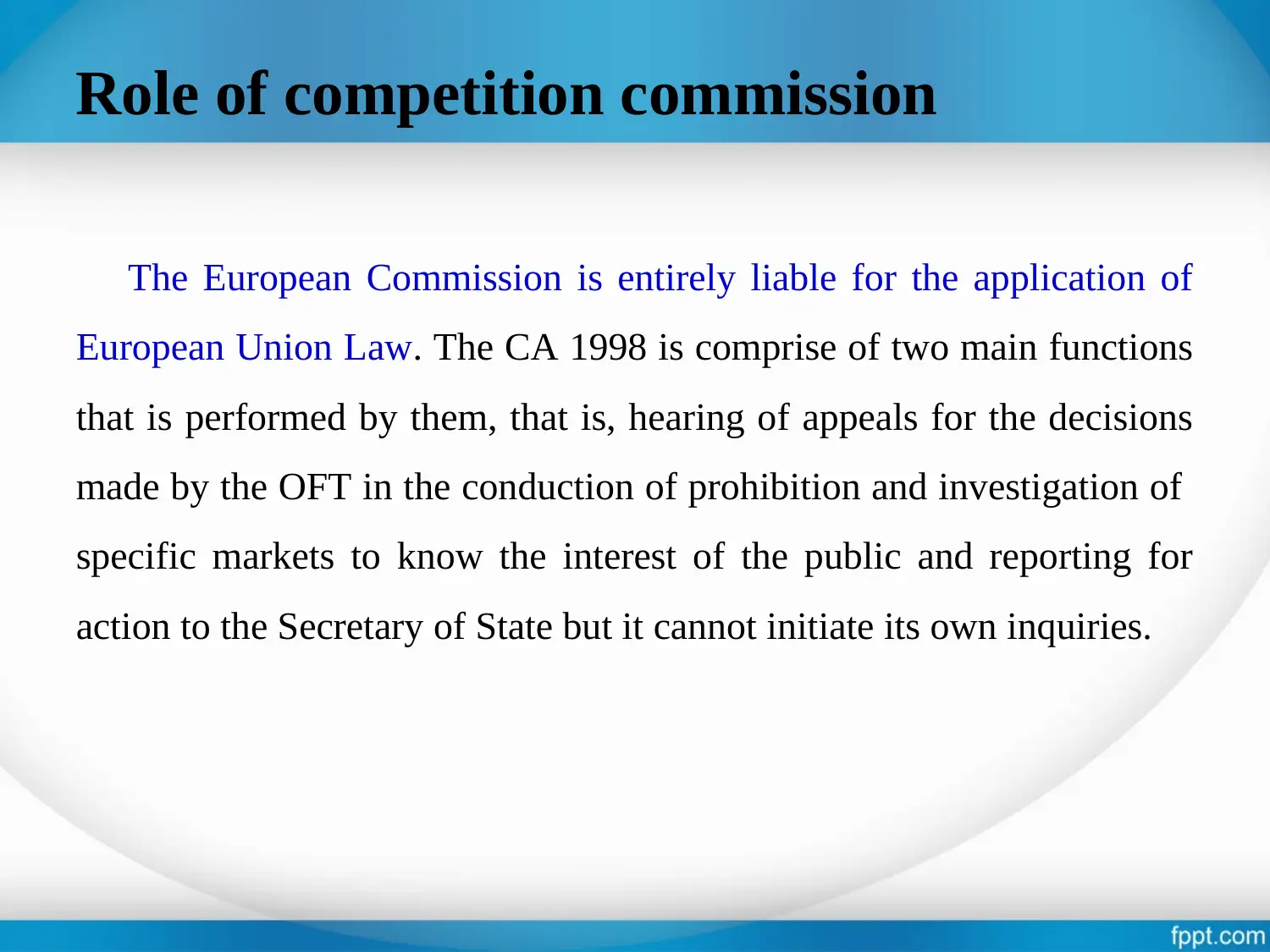
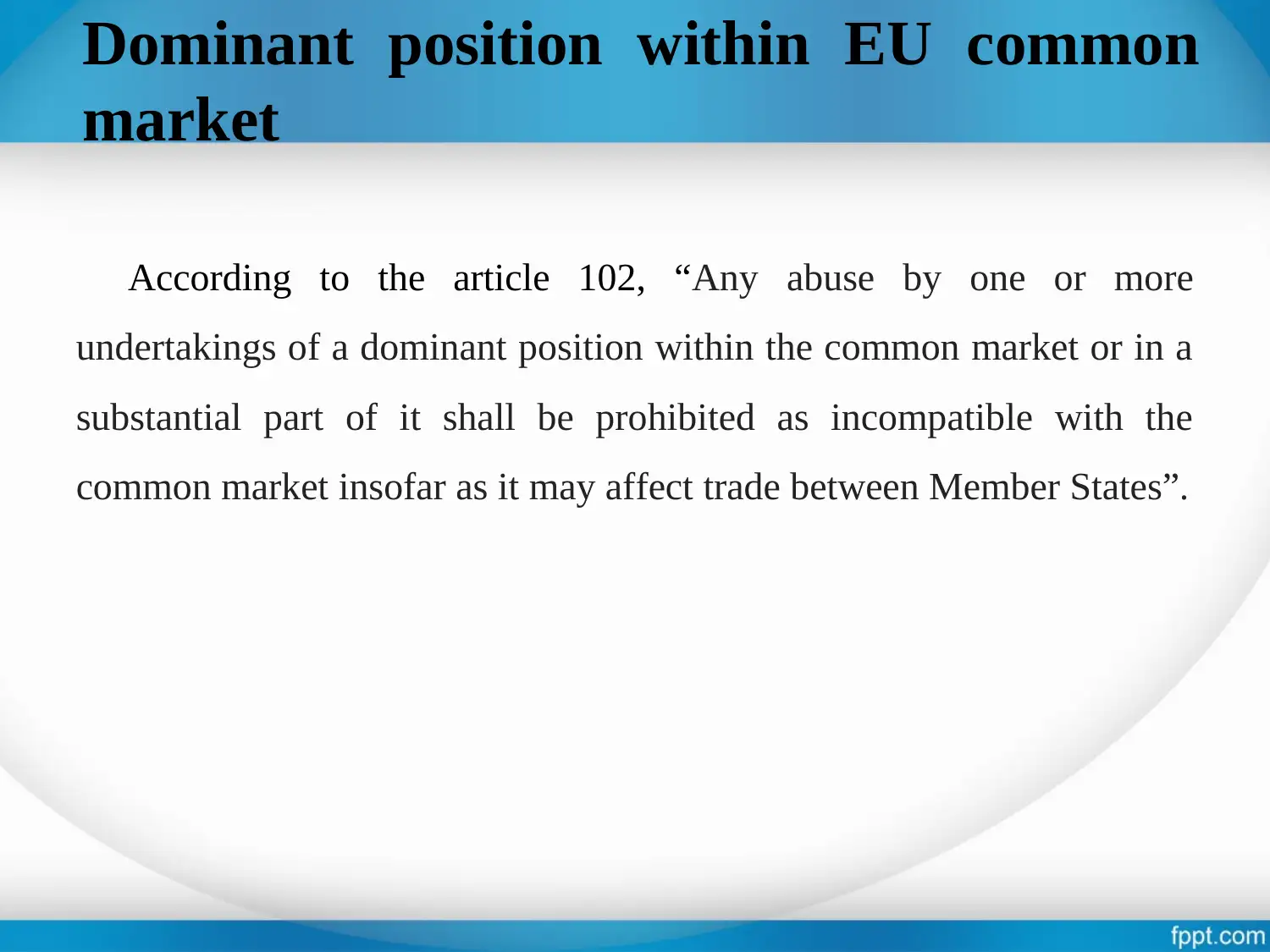
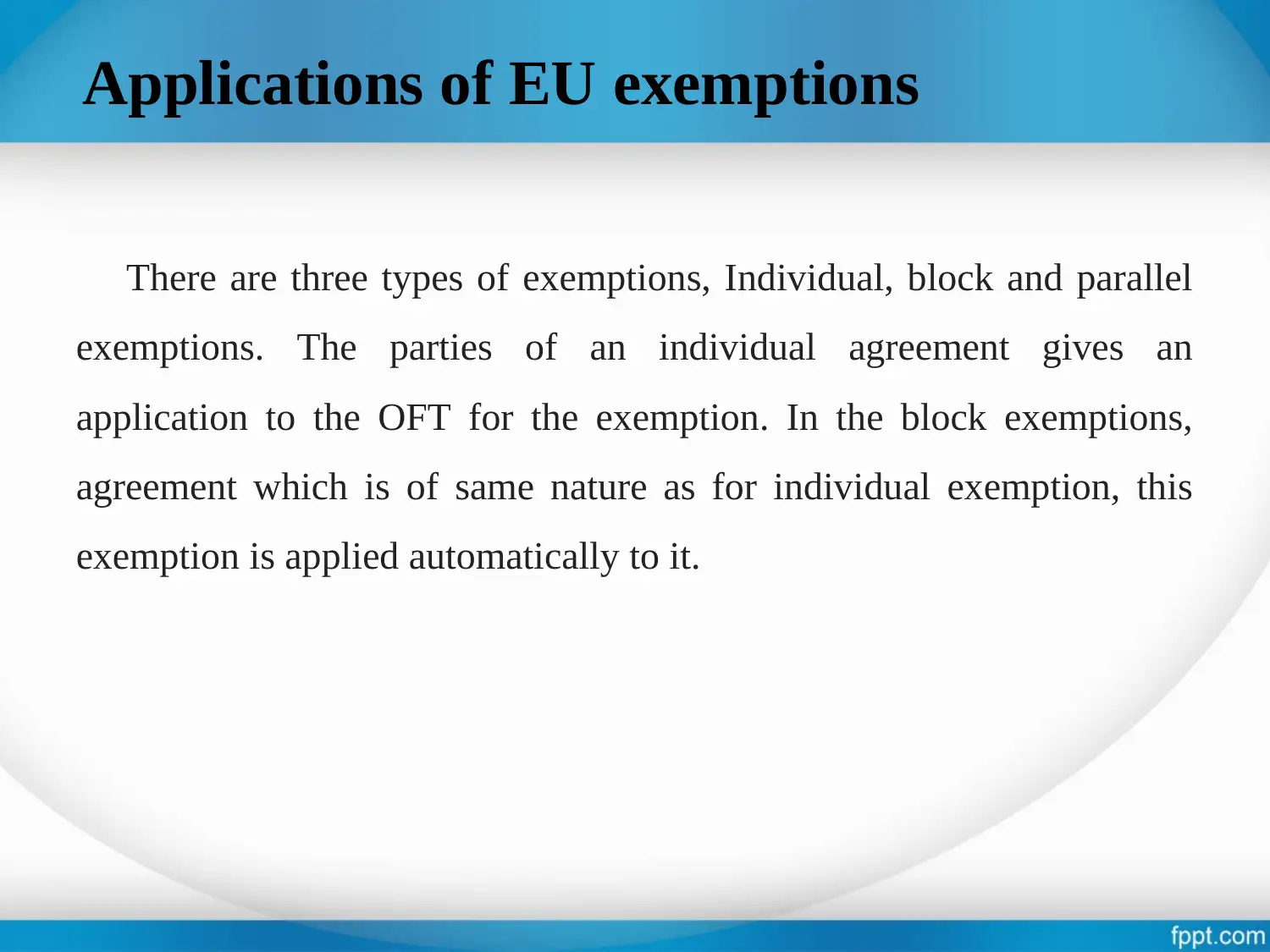
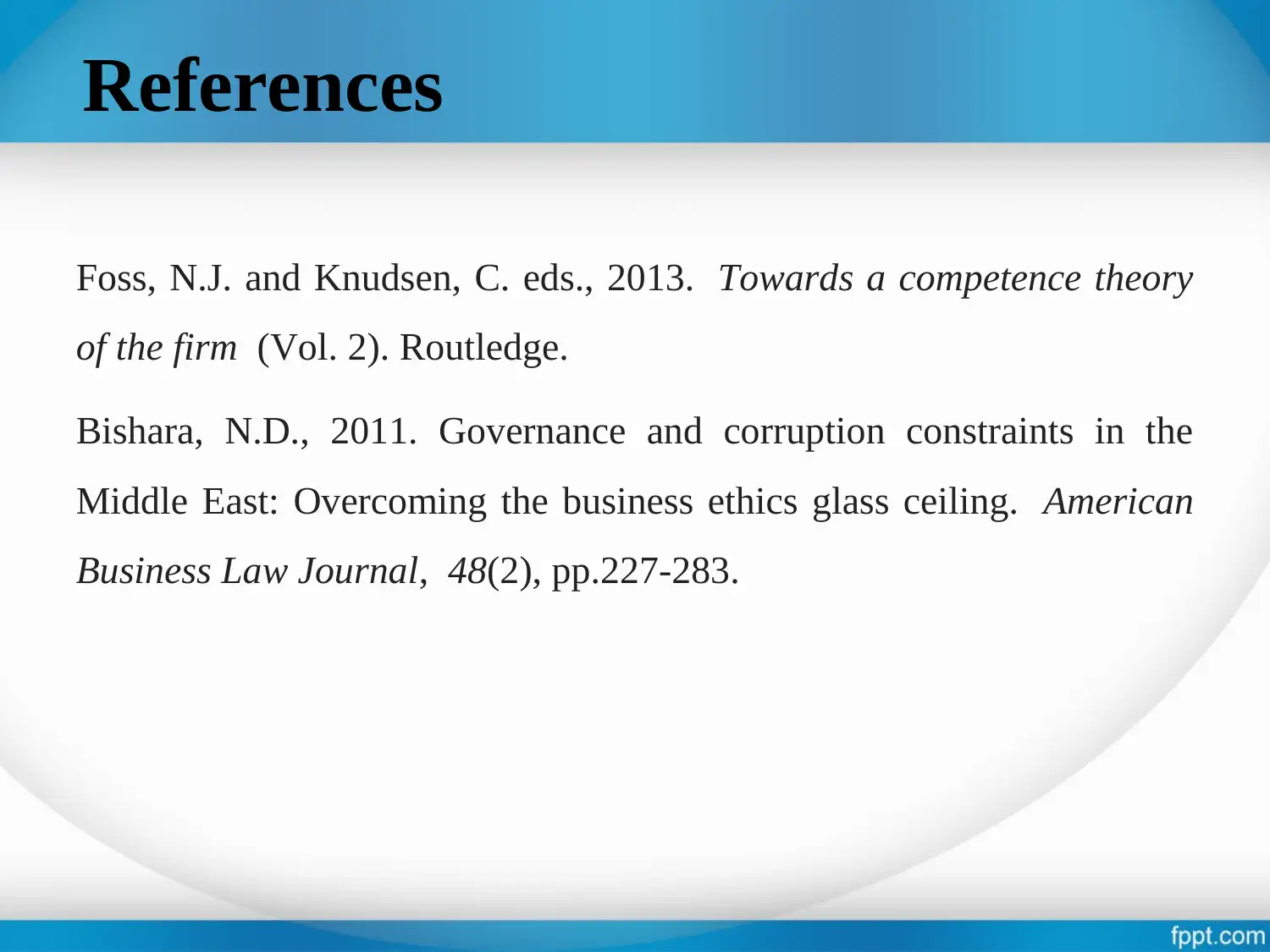






![[object Object]](/_next/static/media/star-bottom.7253800d.svg)